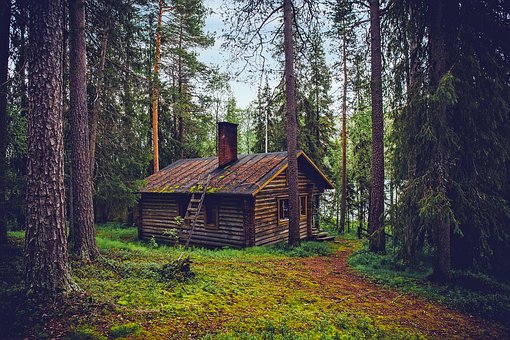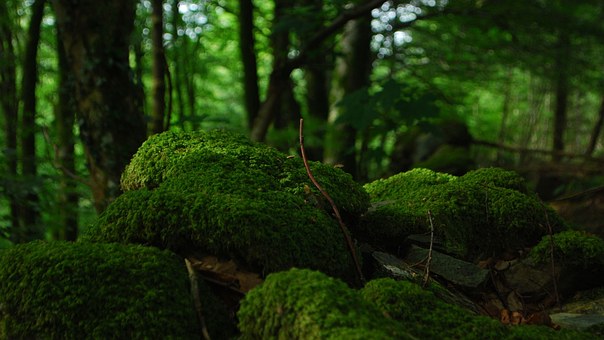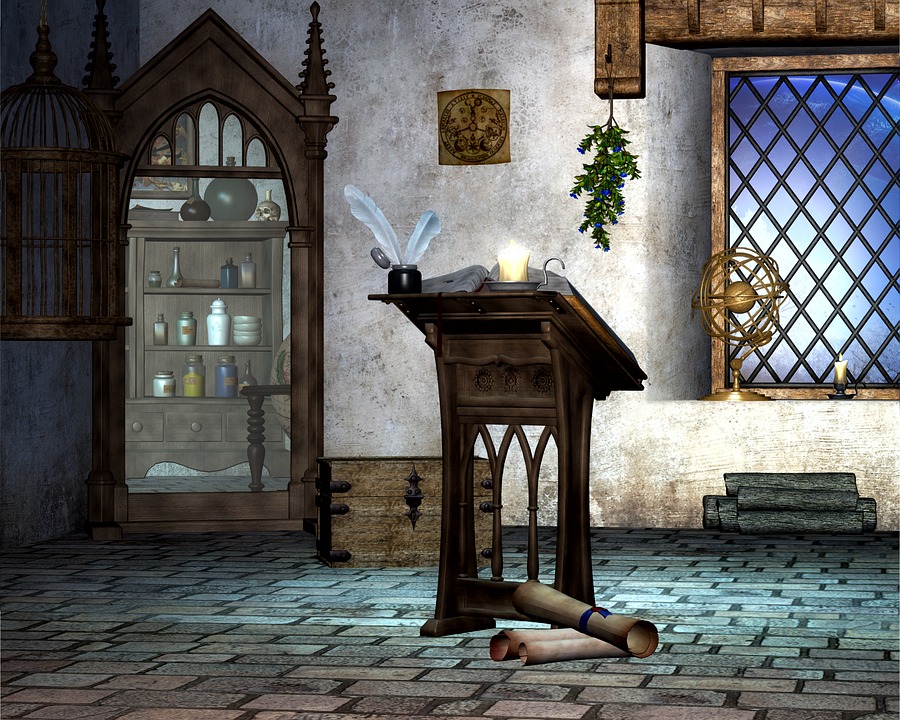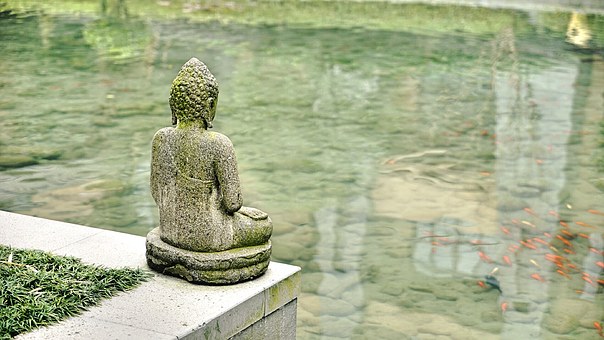Living off the grid
By Druid
Living off the grid is becoming more and more popular nowadays as people try to move away from relying on big utility companies such as Eskom and Telkom. It is not as much of a trend in South Africa as it is in countries such as America and Canada, but it is definitely a growing movement. For instance, there is a housing development on the West Coast that is totally Green and has no reliance on outside utilities at all. They store all their own rain water in tanks on the estate and power is supplied via either solar panels or low consumption diesel generators. This is all well and good if you are a millionaire and are ready for retirement but for the average person it is not practical.
If you want to start moving off the grid there are a couple of not too expensive things that you can do to cut down on consumption:
Get a geyser blanket for your geyser
Get a small to medium water tank that can trap rain water from your gutters and later be used for watering your garden.
Use gray water i.e.: run a hose from your bath/shower to your garden. Most soaps and shampoos nowadays are bio-degradable but if they aren’t go to somewhere like the Body Shop to get biodegradable soaps.
Put half a brick in the cistern of your toilet. This cuts down on water usage every time you flush.
Use cfl light bulbs wherever possible and not incandescent.
Turn off all unnecessary items like TVs, computers, DVDs etc and don’t leave them on stand by.
For those of you with a bit more money get a solar geyser; they cost between R10000 and R25000 depending on capacity but it should pay for itself within three years.
Get your windows tinted and have insulation put in your ceiling instead of using an air conditioner or fan.
Most of these suggestions will help you save electricity, water and, in the long run, money. It is not necessarily off the grid living but it is a start and the more of us that make an effort the better the planet will be in the long run. Just remember that every little bit counts and whatever you can do will help.








